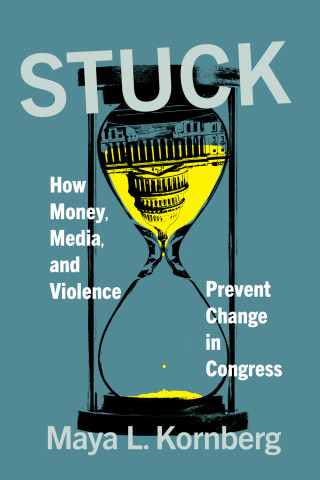
Reviews
How has increased speed in all fields affected the working of traditional democratic institutions? Scheuerman, whose intimate familiarity with political philosophy is evident, raises this fascinating question throughout this excellent scholarly treatise... A fine contribution to the literature on the problems of modern liberal democracy.
A fine contribution to the literature on the problems of modern liberal democracy.
Does globalization spell the end of the rule of law? Is democratic constitutionalism compatible with the phenomena of social acceleration? Or is quick yet unaccountable decision-making dressed up as 'governance' and soft law the inevitable replacement for anachronistic and slow forms of deliberative democracy? In this fascinating book, William Scheuerman addresses these and other crucial questions raised by the global 'empire of speed' with acuity and precision. His analysis and his answers are penetrating and disturbing. This is a 'must read' for anyone concerned with democracy or constitutionalism.
William Scheuerman has produced an impressive contribution to the ongoing debate on the implications of social acceleration for liberal democracy. His focus on the social experience of speed raises profound questions for the future of democratic life. Scheuerman does not opt for yet another 'doomsday account of the crisis of liberal democracy.' Instead, he offers the intriguing prospect of the renewal of liberal democracy, but only after an honest assessment of the pathologies of our current age. This is a first-rate contribution to the literature which deserves to be widely read and discussed.
Book Details
Preface
Introduction
Chapter 1. Social Acceleration
Chapter 2. Liberal Democracy's Time
Chapter 3. Constitutionalim in an Age of Speed
Chapter 4. The Motorization of Lawmaking
Chapter 5. Globalization and
Preface
Introduction
Chapter 1. Social Acceleration
Chapter 2. Liberal Democracy's Time
Chapter 3. Constitutionalim in an Age of Speed
Chapter 4. The Motorization of Lawmaking
Chapter 5. Globalization and the Fate of Law
Chapter 6. Liberal Democracy in a High-Speed World
Conclusion
Notes
Index






